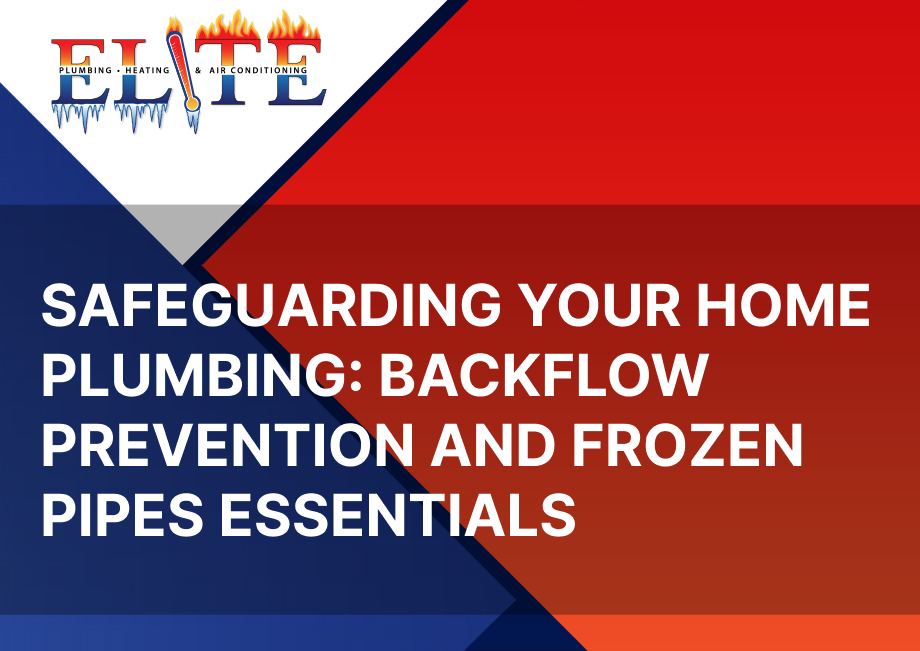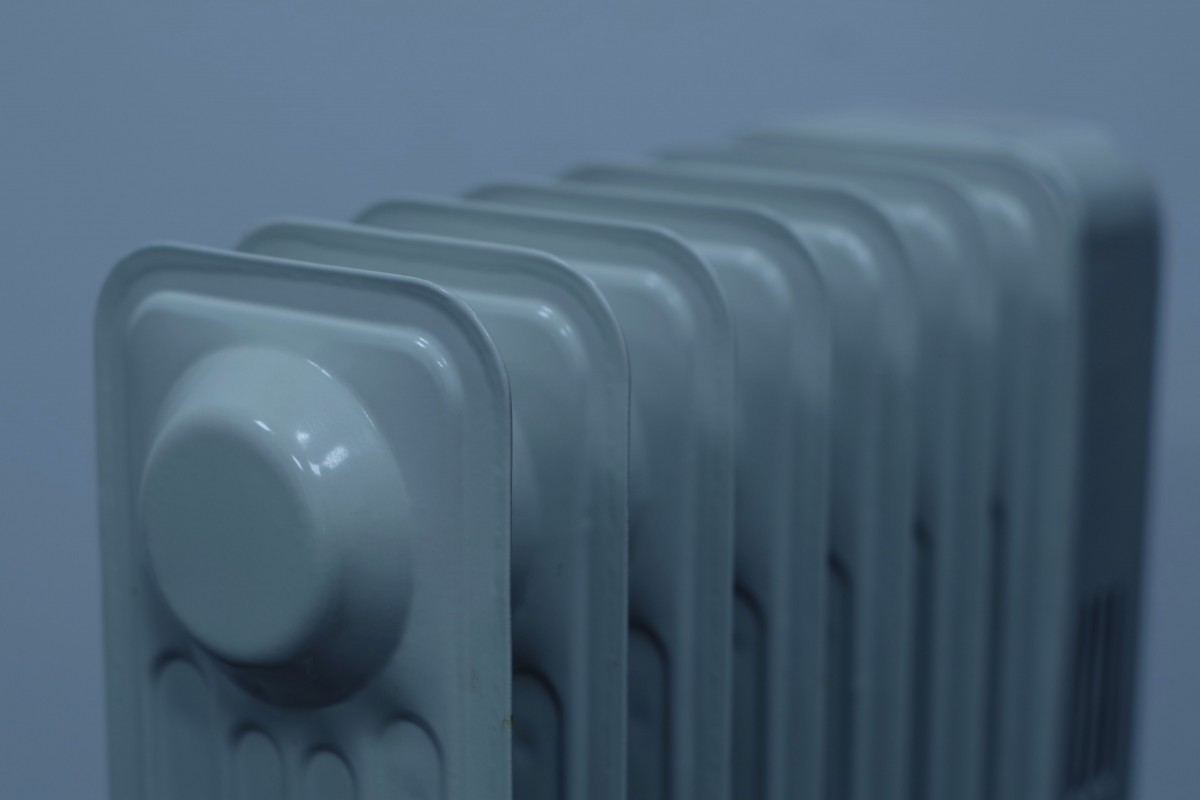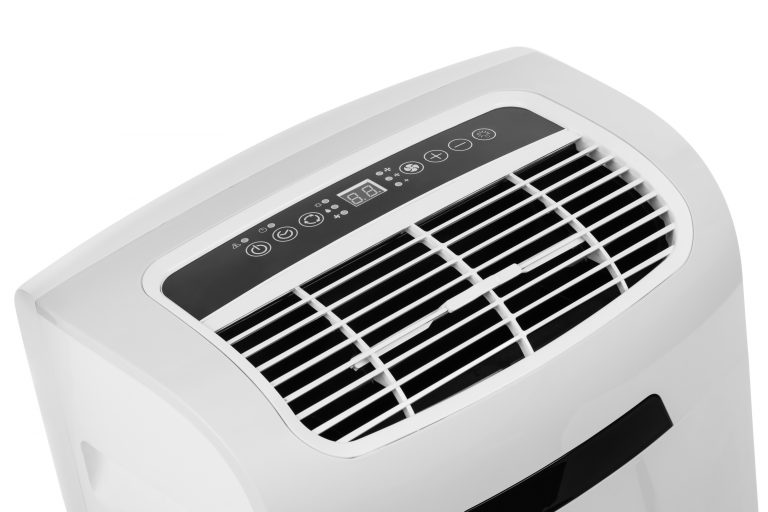Safeguarding Your Home Plumbing: Backflow Prevention and Frozen Pipes Essentials
Your home’s plumbing system is essential for everyday convenience and comfort, but it can be vulnerable to certain risks, such as backflow and frozen pipes. In this blog, we’ll delve into the importance of backflow prevention and measures to avoid frozen pipes, ensuring the longevity and efficiency of your plumbing system.
Backflow Prevention: Backflow occurs when contaminated water flows back into your home’s plumbing system, potentially contaminating the clean water supply. To prevent this, backflow prevention devices are installed at key points in the plumbing system, such as where potable water connects to non-potable sources, like irrigation systems or swimming pools. These devices ensure that water flows in only one direction, safeguarding your home’s water supply from contamination.
Regular inspections and maintenance of backflow prevention devices are essential to ensure they function correctly. Professional plumbers can conduct tests and make any necessary repairs or replacements to keep your backflow prevention system in optimal condition.
Avoiding Frozen Pipes: Frozen pipes are a common concern, especially in colder climates. When water inside pipes freezes, it expands, putting pressure on the pipes and increasing the risk of cracks or bursts. To prevent frozen pipes:
1. Insulate Exposed Pipes: Insulating pipes in unheated areas such as attics, basements, and crawl spaces can help prevent freezing. Use pipe insulation sleeves or wrap pipes with heat tape to provide an extra layer of protection.
2. Maintain Adequate Heat: Keep your home adequately heated, especially in areas where plumbing pipes are located. Maintain a consistent temperature, even during periods of cold weather, to prevent pipes from freezing.
3. Let Faucets Drip: Allowing faucets to drip slightly can relieve pressure inside the pipes and prevent them from freezing. This is particularly important during extreme cold snaps or when temperatures drop below freezing for an extended period.
4. Seal Cracks and Gaps: Seal any cracks or gaps in exterior walls, foundation, or around pipes to prevent cold air from entering and causing pipes to freeze.
5. Disconnect and Drain Outdoor Hoses: Before winter sets in, disconnect and drain outdoor hoses, and shut off the outdoor water supply. This prevents water from freezing inside hoses and causing damage to outdoor faucets and pipes.
Conclusion:
Protecting your home plumbing from backflow and frozen pipes is essential for maintaining a safe and reliable water supply. By investing in backflow prevention devices, conducting regular inspections, and implementing preventive measures to avoid frozen pipes, you can safeguard your plumbing system and avoid costly repairs.
For professional assistance with backflow prevention, frozen pipe prevention, and other plumbing services, contact Elite Plumbing, Heating & Air Conditioning at 702-263-2665. Our team of experienced plumbers is dedicated to keeping your home’s plumbing system in top condition, so you can enjoy peace of mind year-round.
SCHEDULE YOUR FREE ESTIMATE
We Provide Expert Air Conditioning Services in Las Vegas, NV










